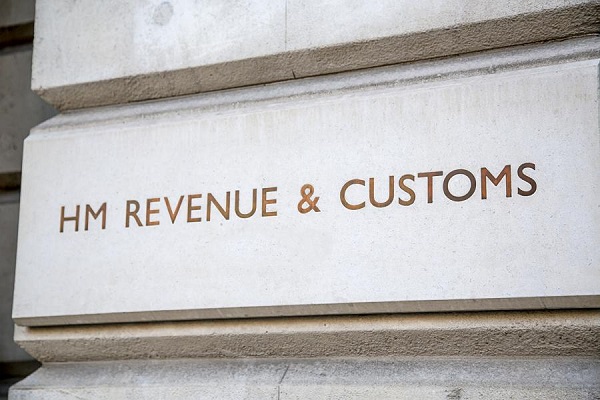HMRC investigates one in four inheritance tax payers
The number of inheritance tax (IHT) investigations has grown by 7.8% since April 2017.
29th July 2019 12:18
by Stephen Little from interactive investor
The number of inheritance tax (IHT) investigations has grown by 7.8% since April 2017.

A quarter of all estates that are paying inheritance tax are being investigated by HM Revenue and Customs (HMRC).
Over 5,000 inheritance tax (IHT) investigations are opened by HMRC each year, according to a Freedom of Information (FOI) request from wealth management firm Quilter.
There were around 22,000 estates liable for IHT in the 2018/19 tax year according to HMRC figures. This means around 25% of estates were investigated.
| Tax year | # of IHT investigations opened |
|---|---|
| 18/19 | 5537 |
| 17/18 | 5354 |
| 16/17 | 5138 |
| 15/16 | 5907 |
| 14/15 | 5462 |
| 13/14 | 6088 |
Source: HMRC, May 2019
Gordon Andrews, tax and financial planning expert at Quilter, says: "More often than not people aren't deliberately trying to defraud HMRC and given the current complexity of the IHT system it's really no surprise if things go awry.
"For instance, under the current rules, if a pension transfer is made while someone is in ill-health then there is a risk that HMRC will challenge the IHT-free status of the death benefits if the person passes away within two years of the transfer.
"This is absurd at the best and perverse at worst as it is essentially penalising people for appropriate tax planning."
A recent Office of Tax Simplification report highlighted that some solicitors choose not to advise clients on the allowance due to its complexity.
The number of IHT investigations has grown by 7.8% to 5,537, since the Residence Nil Rate Band (RNRB) was introduced in April 2017.
Mr Andrews adds: "All the complications surrounding inheritance tax means getting financial advice is crucial to mitigate the chances of an investigation. It’s also vital to choose the right executor because the onus is on them if there is an investigation.
"Equally, if you are asked to be an executor of the will you need to understand the responsibilities that come with it. This is not just another piece of admin, it can be an involved and time-consuming process."
Inheritance Tax: what you need to know
IHT is a tax on the estate - property, money and possessions - that is paid when someone dies.
It is payable when the assets of an estate total in excess of £325,000. Any assets above this amount are liable to a tax of 40%.
However, married couples can combine their IHT thresholds, meaning that up to the first £650,000 of their combined estate is IHT-free, as any unused nil-rate band can normally be passed on to the surviving spouse.
There is also an additional threshold called the Residence Nil Rate Band, which is increasing year-on-year. You can use the HMRC calculator to find out how much the additional threshold on your estate might be.
You must pay Inheritance Tax by the end of the sixth month after the person dies.
Widely loathed by the middle-classes, there have been frequent calls for the tax to be overhauled in recent years.
Full performance can be found on the company or index summary page on the interactive investor website. Simply click on the company's or index name highlighted in the article.
This article was originally published in our sister magazine Moneywise, which ceased publication in August 2020.
These articles are provided for information purposes only. Occasionally, an opinion about whether to buy or sell a specific investment may be provided by third parties. The content is not intended to be a personal recommendation to buy or sell any financial instrument or product, or to adopt any investment strategy as it is not provided based on an assessment of your investing knowledge and experience, your financial situation or your investment objectives. The value of your investments, and the income derived from them, may go down as well as up. You may not get back all the money that you invest. The investments referred to in this article may not be suitable for all investors, and if in doubt, an investor should seek advice from a qualified investment adviser.
Full performance can be found on the company or index summary page on the interactive investor website. Simply click on the company's or index name highlighted in the article.
These articles are provided for information purposes only. Occasionally, an opinion about whether to buy or sell a specific investment may be provided by third parties. The content is not intended to be a personal recommendation to buy or sell any financial instrument or product, or to adopt any investment strategy as it is not provided based on an assessment of your investing knowledge and experience, your financial situation or your investment objectives. The value of your investments, and the income derived from them, may go down as well as up. You may not get back all the money that you invest. The investments referred to in this article may not be suitable for all investors, and if in doubt, an investor should seek advice from a qualified investment adviser.
Full performance can be found on the company or index summary page on the interactive investor website. Simply click on the company's or index name highlighted in the article.